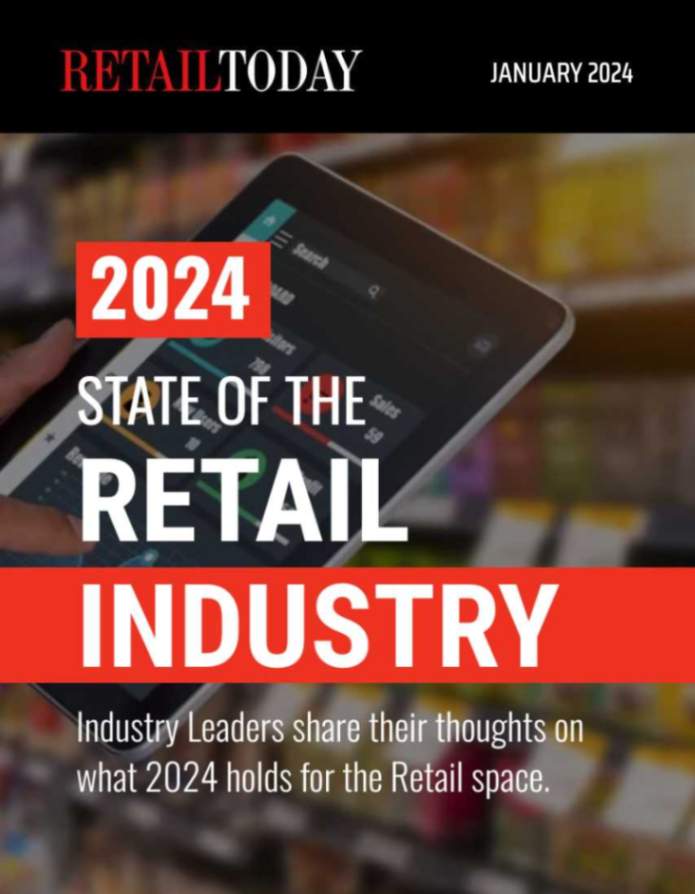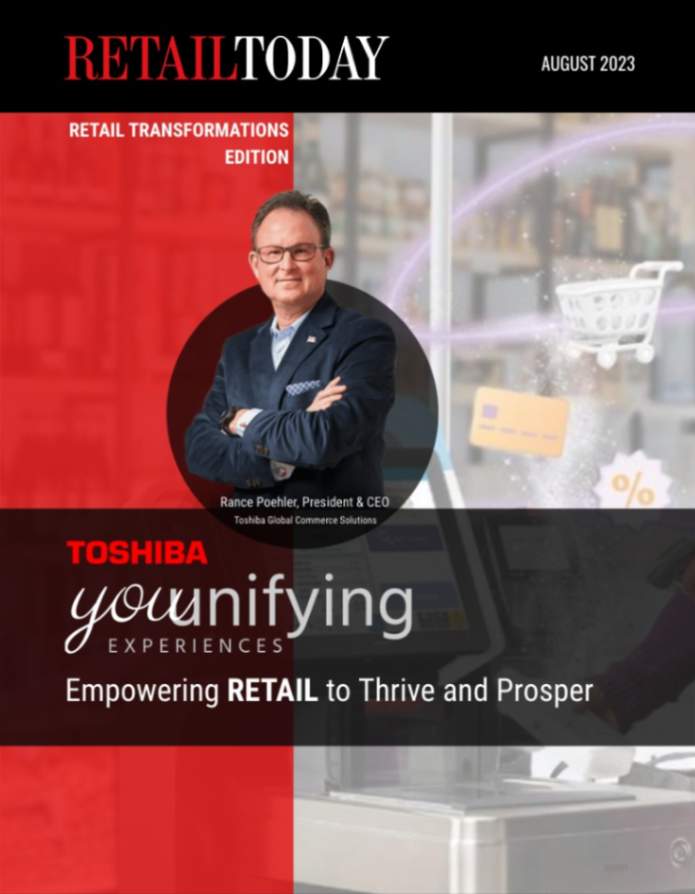
Hyperlocal logistics is a business model that aims to provide products and services that are tailored to meet the specific needs of a local community. The strategy has gained significant attention in recent years due to its potential to improve operational efficiency, reduce costs, and support an omnichannel sales approach – all through higher physical proximity. However, despite the benefits that hyperlocal logistics can provide, it is not always efficient enough on its own.
This is where automation comes in. Automation involves the adoption of technology to carry out tasks that are typically done manually. By automating key processes in hyperlocal logistics, companies can improve efficiency, reduce costs, and increase accuracy.
One of the main benefits of automation in hyperlocal logistics is improved speed and accuracy. Automation allows companies to process orders more quickly and accurately, reducing the risk of errors and delays. For example, automated systems can scan and process orders, pick products from shelves, and package items for shipment, all without human intervention. This not only speeds up the process but also reduces the likelihood of mistakes that can result in lost or delayed shipments.
Another advantage of automation in hyperlocal logistics is increased efficiency. Automated systems can optimize the entire logistics process, from inventory management to order fulfillment and delivery. They can identify and resolve issues quickly, such as inventory shortages or delays in delivery, and make adjustments to improve the overall process. This can result in faster delivery times, reduced waste, and lower costs.
Automation also enables companies to scale their operations more easily. By automating certain tasks, companies can handle larger volumes of orders without needing to hire additional staff. This can help businesses expand their reach and increase their revenue without adding significant overhead costs.
Furthermore, automation in hyperlocal logistics can help reduce the environmental impact of retail operations. By optimizing delivery routes and reducing the need for manual labor, automated systems can reduce the carbon footprint of logistics operations. This is especially important in hyperlocal retailing, where the focus is on serving a specific community and reducing the distance that products need to travel. Some automated hyperlocal logistics systems enable deliveries to be made with sustainable modes of transportation such as bikes or electric vehicles, further reducing the environmental impact of the operations.
In conclusion, automation is an essential component of hyperlocal logistics. By using technology to automate certain aspects of logistics, companies can improve efficiency, reduce costs, and better serve their customers. As the retail industry continues to evolve, companies that embrace automation in hyperlocal logistics are likely to see significant benefits in terms of efficiency, cost savings, and customer satisfaction.
Gonen Gershuni is the VP sales at 1MRobotics, which develops automated hyperlocal solutions for retail. Gonen is former co-sell program leader under the Alliances group at Bringg, a market leading delivery management platform. Gonen is experienced in enterprise sales and business development, having worked with global consultancies, software integrators, and industry experts. With vast experience in supply chain logistics and retail automation, Gonen is passionate about helping businesses integrate automation into their logistics operations.







